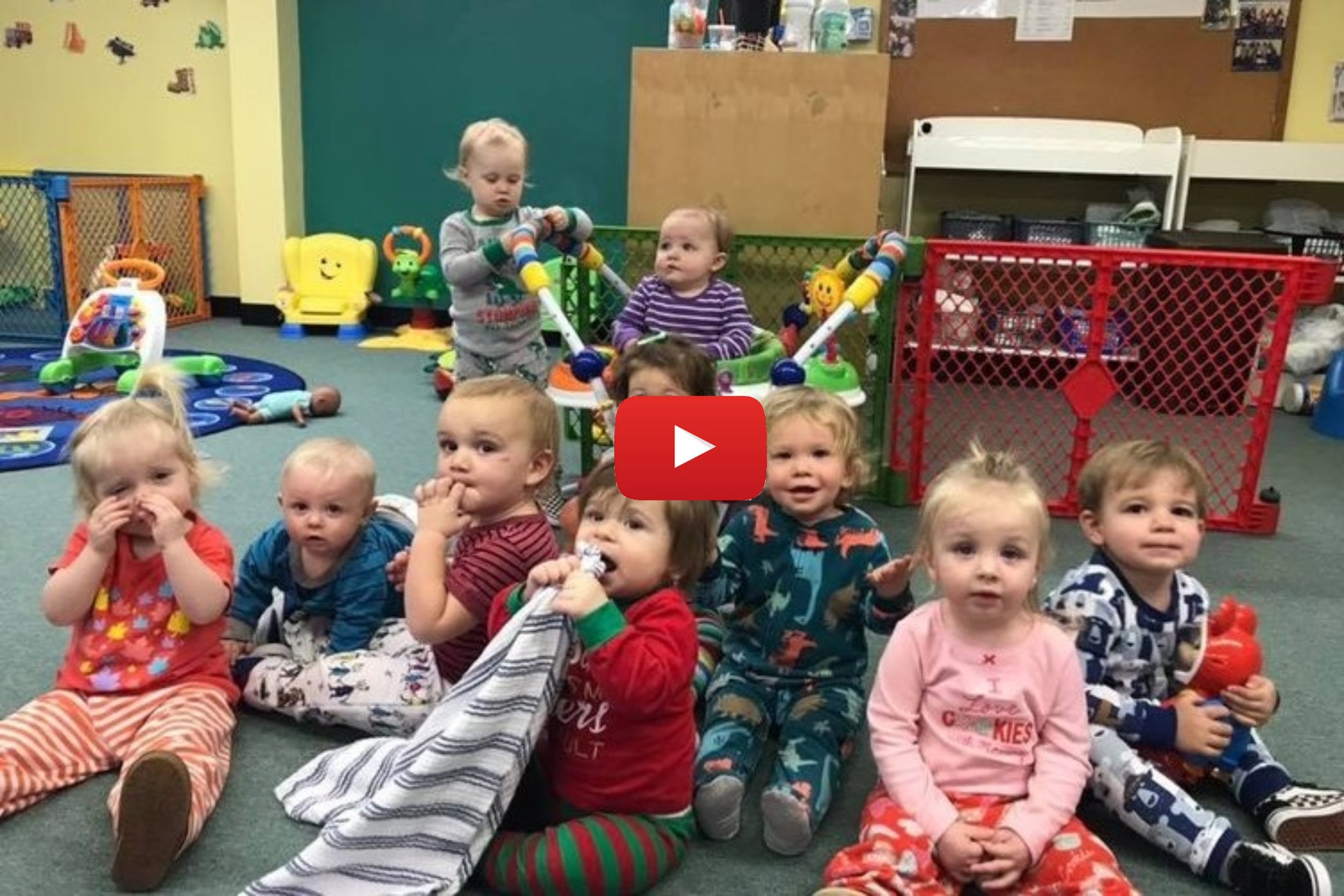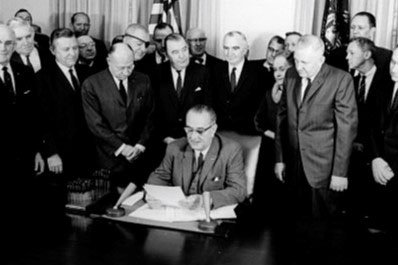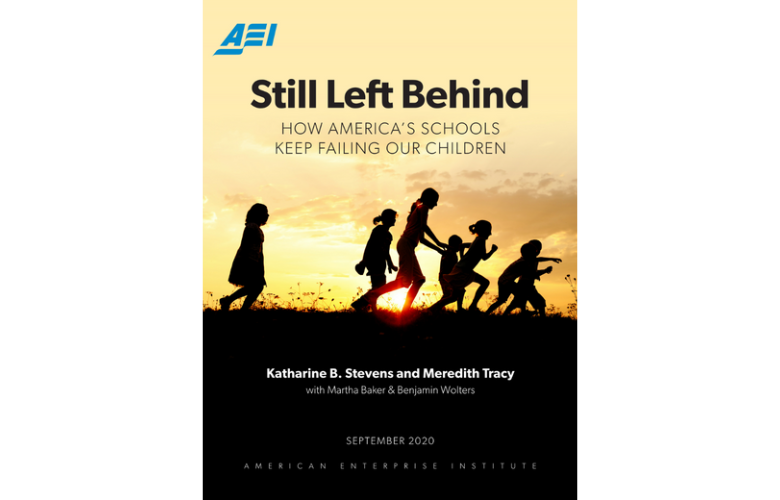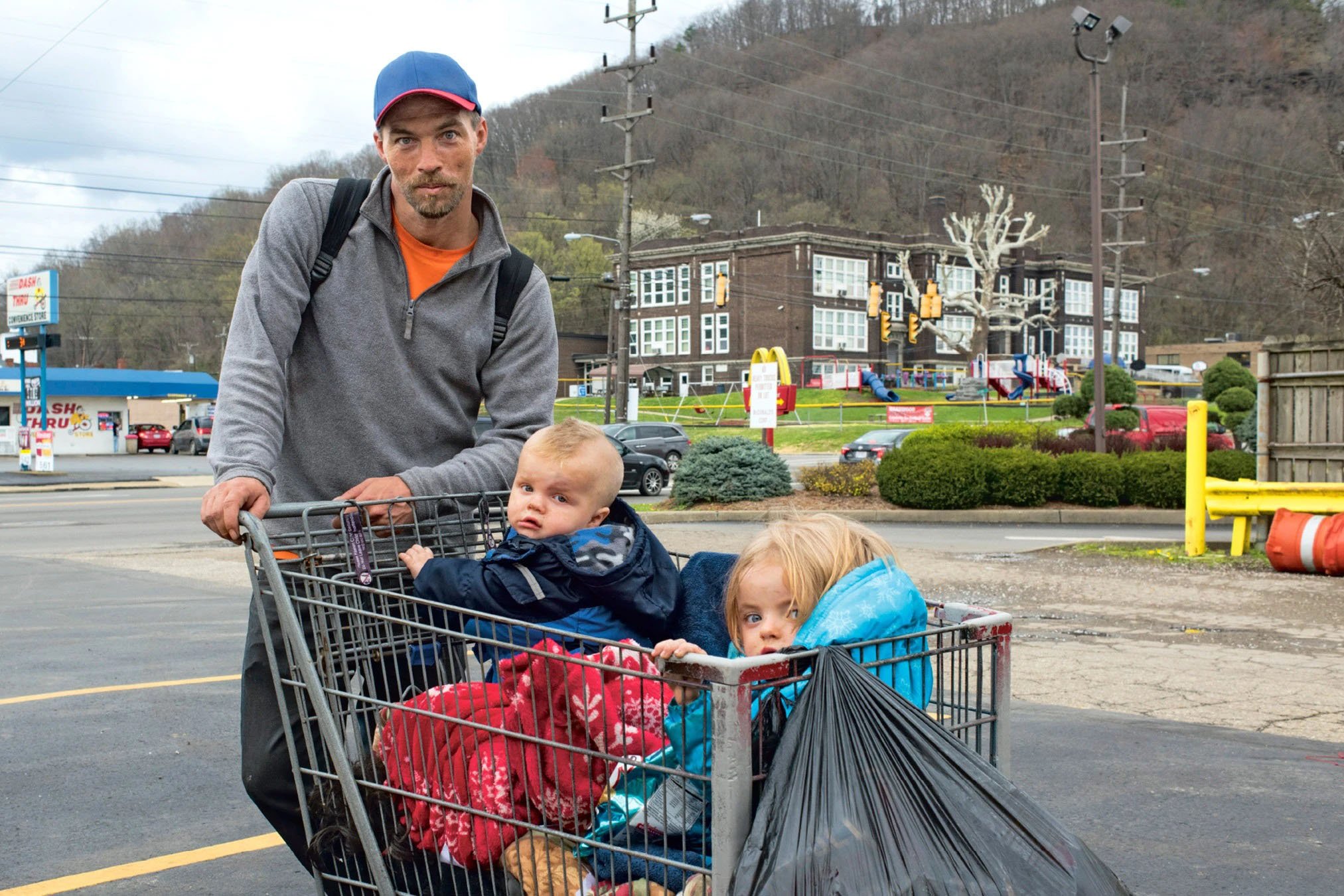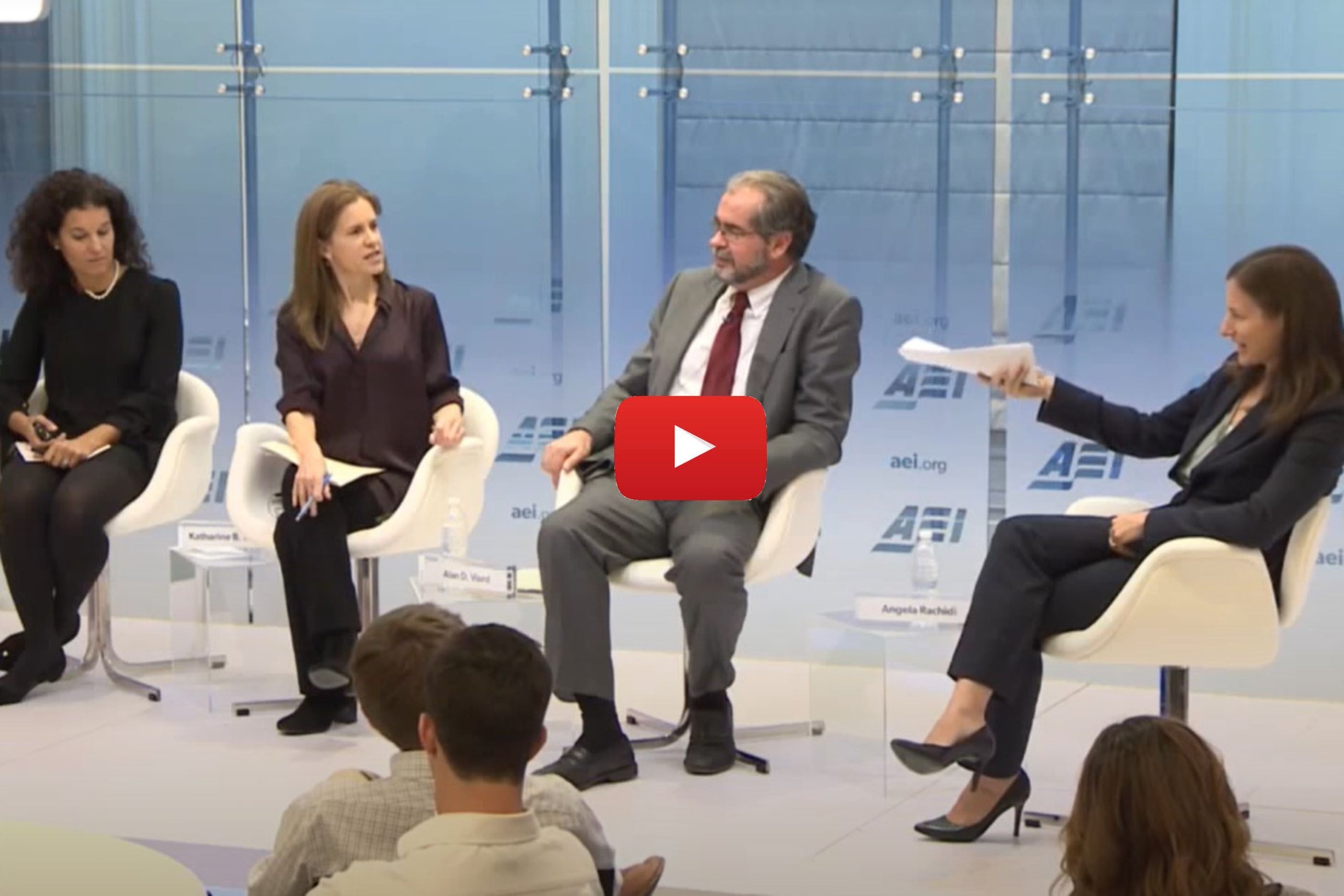All Work
Early Childhood Education
A Big Stake in the Ground for Universal Childcare Via the American Rescue Plan
The American Rescue Plan was presented as an emergency response to prevent the childcare sector from collapsing. But its primary aims are in fact to advance a longstanding advocacy agenda: leveraging pandemic relief funds to carry out a kind of “trial run” of universal childcare.
The Unintended Consequences of Universal Childcare: Lessons from Sweden
Three Swedish childcare experts describe the unintended consequences of Sweden's implementation of universal childcare and discuss lessons the US can draw from Sweden’s experience.
The Impact of COVID-19 on Child Care
Large proportions of the nation’s most vulnerable children lack access to high-quality child care. Instead of pushing a big government expansion of child care, that is the emergency we should urgently be aiming to address.
Improving Early Childhood Development by Allowing Advanced Child Tax Credits
Katharine Stevens and Matt Weidinger propose allowing parents to advance future child tax credits into the earliest years of their child’s life, strengthening families' ability to choose how and by whom their children are cared for during the formative first years of development.
Universal Child Care: A Bad Deal for Kids?
Rather than seeking to outsource young children’s care to paid professionals, policy should aim to better enable parents to spend more time caring for their young children themselves, especially in the critical first five years of life.
Three Problems with President Biden's Child Care Rescue Plan
Biden’s American Rescue Plan constitutes a substantial scale-up of government spending on nonparental, out-of-home care for young children, which poses an unrecognized risk to the well-being of children and families.
We Need a National Tutoring Program to Avert Educational Catastrophe
As a third COVID wave sweeps the United States, achievement gaps between higher- and lower-performing students are widening. A national tutoring program is our best chance for averting an educational disaster.
Assessing Joe Biden’s Early Childhood Plans — The Education Gadfly Show
Katharine Stevens joins Mike Petrilli and David Griffith to discuss President-elect Biden’s ambitious childcare and pre-K plans.
Taking Stock of a Half-Century of Failed Education Reform
Our excessive focus on schooling — rather than the non-school environments that most powerfully shape children’s lives — continues to hurt the very children we are trying so hard to help.
Still Left Behind: How America’s Schools Keep Failing Our Children
One-third of lower-income eighth graders still fail to demonstrate even minimal competence in reading and math, and wide achievement gaps persist in every state, despite decades of ever-intensifying school reform and steadily increased spending,
Joe Biden's Plan for Universal Preschool Forgets Key to Children's Success: Parents
Research on the effects of preschool are actually showing the effects of parenting. Preschool doesn’t cause better long-term outcomes — it predicts them.
A Century of Working Women and the Future of Family Childcare
For the centennial anniversary of the Women's Bureau, three childcare experts join Katharine Stevens for a special webinar on family childcare. What is uniquely valuable about home-based childcare? What is causing its decline? How can we restore this crucial sector — especially in a post-COVID-19 world?
Improving Outcomes for New Mexico Children — Tipping Point New Mexico
Katharine Stevens joins Paul Gessing to discuss the New Mexico Legislative Finance Committee’s recently-released study of the state’s pre-K program, its implications for state pre-K policy, and better ways to improve outcomes for the state’s children.
A Century of Working Women and the Future of Family Childcare
For the centennial anniversary of the Women's Bureau, three childcare experts join Katharine Stevens for a special webinar on family childcare. What is uniquely valuable about home-based childcare? What is causing its decline? What is needed now to restore this crucial sector — especially in a post-COVID-19 world?
Practical Perspectives on “A Roadmap to Reducing Child Poverty”
The National Academies of Sciences, Engineering, and Medicine recently released a report, “A Roadmap to Reducing Child Poverty,” describing two packages of federal policies aiming to cut US child poverty by half within a decade. An expert panel joins Katharine Stevens to discuss the realistic prospects for the report’s proposals to improve children’s lives.
Practical Perspectives on “A Roadmap to Reducing Child Poverty”
The National Academies of Sciences, Engineering, and Medicine recently released a report, “A Roadmap to Reducing Child Poverty,” describing two packages of federal policies aiming to cut US child poverty by half within a decade. An expert panel joins Katharine Stevens to discuss the realistic prospects for the report’s proposals to improve children’s lives.
A Breakthrough Federal Initiative in Early Care and Education
The Preschool Development Grants B–5 program is perhaps the federal government's most thoughtful and comprehensive approach to early childhood care and education to date — and a notable departure from previous federal initiatives.
A Federal Performance Partnership for Early Childhood
States increasingly recognize childcare’s critical impact on children’s early learning and development. Yet to support growing state efforts to provide low-income working families with adequate access to high-quality care, we must fix dysfunctional and fragmented federal funding streams.
Can the Tax System Be Used to Help Working Families Afford Child Care? A Conversation with Representatives Kevin Yoder (R-KS) and Stephanie Murphy (D-FL)
Katharine Stevens joins a panel of experts to analyze the proposed Promoting Affordable Childcare for Everyone (PACE) Act and discuss other approaches to increasing the affordability of child care for low-income American families.
Bipartisan Childcare Bill Won’t Help Families That Need it Most
While PACE Act supporters claim that it will “promote expanded access to affordable child care for everyone," it will actually do zero for the families who need help most.



